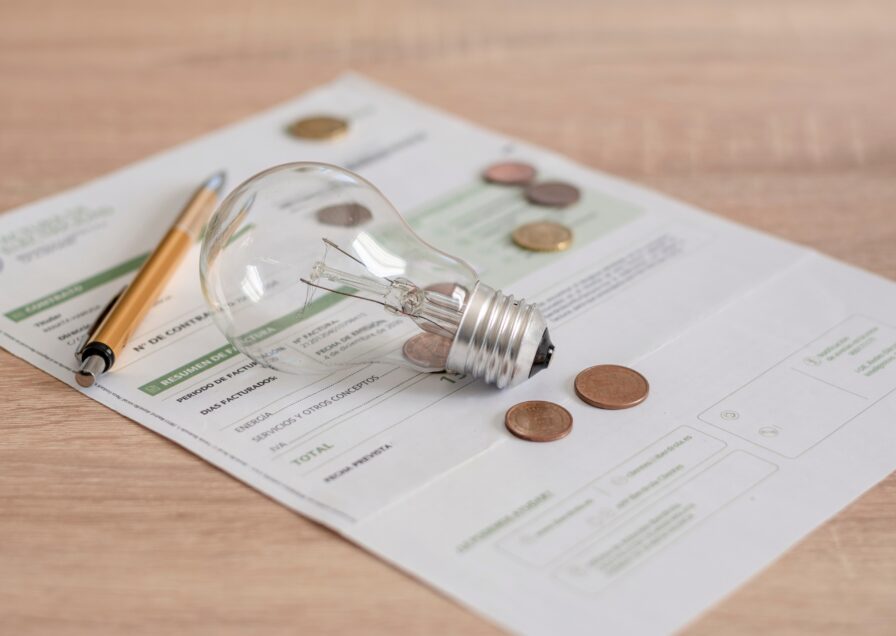How can we help you?

Housing is the main expense for most families, both for those who live on rent and for those who pay a mortgage. The complex decision between buying or renting a property depends in most cases on the expenses that the family unit can assume -both in the initial phase of the contract and in the course of monthly payments-; other cultural, ideological and occupational reasons (the type of job they have or their education) also have an influence.
According to Christian Gracia, director of the Residential area of Forcadell "families must save up to 30% of the value of the property prior to getting involved in purchasing a home"
In any case, it is important to foresee in detail the costs that the purchase or rent may involve both in the short, medium and long term. When renting, according to Alex Vázquez, director of the Department of Rentals of the Residential Area of Forcadell, "it is recommended that the monthly cost of the rent does not exceed 40% of the family income".
Here are the 6 main expenses that must be taken into account to rent a flat:
The first monthly payment
The first expense incurred by the tenant after signing the lease is the first monthly rent.
The deposit
Providing a deposit is mandatory by law and the amount is equal to another month’s rent. It aims to cover possible defaults and damages that the tenants may cause in the home during their stay. And although they will recover this amount at the end of the contract (if there are no damages inflicted to the property) it is a cost that must be taken into account when renting a flat.
Additional guarantees
The owner can ask the tenant for other guarantees in addition to the deposit, such as a bank guarantee or a complementary economic deposit.
Real estate agency fees
In case of having rented the property through a real estate agency, the tenants must pay at the signing of the lease contract the fees of the transaction. It is an expense that the tenants assume.
Property Transfer Tax (ITP)
The rent is subject to property transfer tax and it consists of the total amount of the rent or lease of the property, on which the current tax rate must be applied, which is 0.5%.
Registering Supplies
Running water, electricity and gas supplies are usually discharged in the case of homes that have already been inhabited previously, which only requires a change of ownership for the new tenant. But in the case of new homes, it is necessary to register these basic supplies, a procedure that is the responsibility of the tenant in most cases, but can be negotiated.
Other types of additional expenses that result from renting a flat, and that depend on each tenant and owner must also be taken into account: the cost of moving or furnishing the apartment, additional insurance that some landlords require to cover risks, among other aspects.
It is advisable to consult a real estate professional before signing any lease agreement in order to establish the most beneficial conditions and establish a framework of security for both parties. At the Forcadell Rental department of the Residential Area, we can help you find your ideal flat and manage with the paperwork needed, with personalized advice. We are real estate consultants specializing in real estate management and offer services for owners and tenants such as legal advice, insurance brokerage and through our Technical Architecture Office, complete restorations.
Newsletter